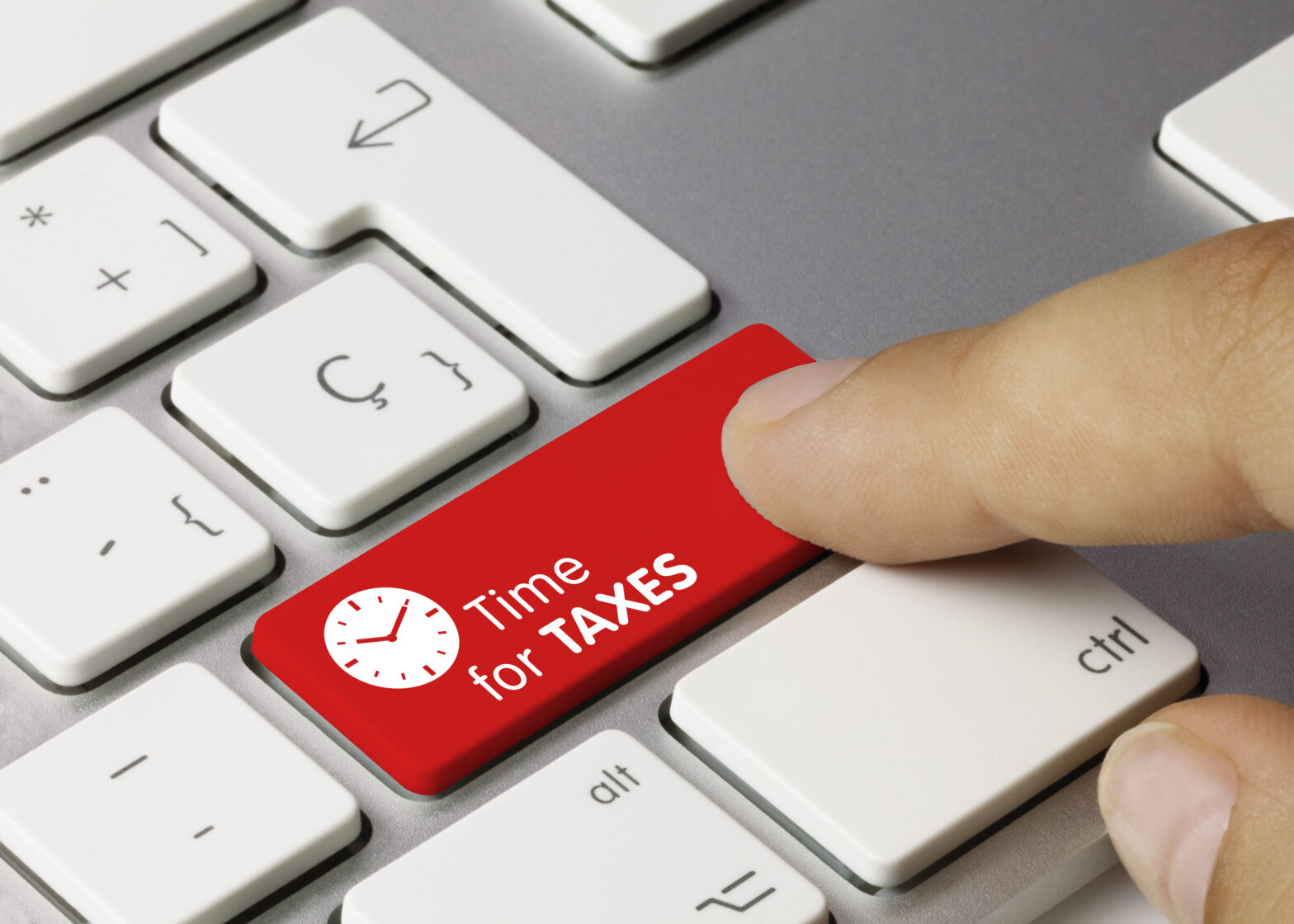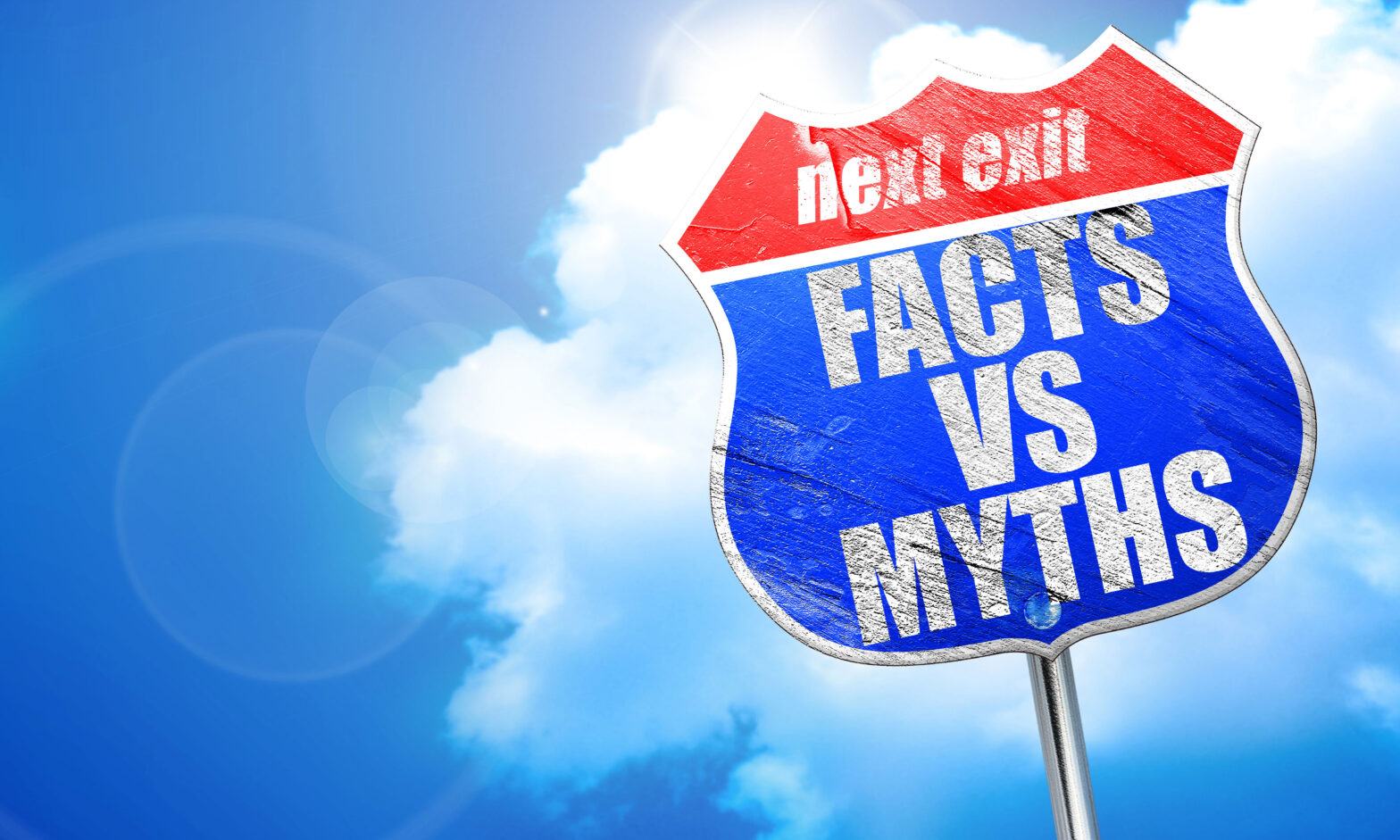Making Tax Digital (MTD) is the government’s plan to digitise the tax system in order to make it more effective, more efficient, and easier to get right.
Whether you’re aware of MTD, but are not sure what steps to take to comply, or this is the first time you’re hearing about it, this guide will answer all your burning questions and help you prepare.
We spoke to Jonathan Dowden, Product Marketing Manager at Sage, to find out how MTD will affect small businesses, and how using an accounting partner can help.
What is MTD?
Dowden: “MTD or Making Tax digital is the government initiative to bring the tax system into the 21st century.
“MTD for VAT was first introduced in April 2019, though only for businesses with a taxable turnover of more than £85,000. From April 2022, all VAT registered businesses will have to comply. You’ll be required to keep digital records and submit a VAT return from within MTD-compliant software.
“Then, from 6 April 2024, any self-employed person, or landlord with an annual income of more than £10,000 will be required to comply with MTD for Income Tax Self Assessment (ITSA). If your earnings are below £10,000, you’ll continue to use the existing Self Assessment system.
“At the moment, for Income Tax and Self Assessment, everyone keeps records, and then on 31st January, you’ve got to submit all your details through your self-assessment tax return, pay what you owe, and that’s the process done.
“With MTD ITSA, rather than it being a once a year event, you need to submit more regularly – no fewer than once a quarter – and there’s a legal requirement for you to keep digital records. At the end of the year, you’ll do an end of period submission, which involves taking all the submissions you’ve made over the year, making sure everything is accurate, making any adjustments, and then making a final declaration, and paying the tax.”
Does MTD apply to all small businesses?
As stated above, MTD for VAT software will apply to all VAT-registered businesses, regardless of their taxable income.
According to HMRC, if it’s not possible for you to use computers or the internet, as a result of age, disability, religion, or location, you can apply for exemption for MTD. Exemptions will be decided on a case-by-case basis, though HMRC has stressed that you’ll need to have a very good reason in order to be considered exempt.
What key things do SME owners need to do to ensure they’re ready for the introduction of MTD?
If you’re not already prepared for MTD for VAT, it’s time to review your digital record-keeping, check your software or bridging software is MTD-compliant, and if you have one, speak to your accountant about your responsibilities.
Learn more about how to use MTD to get VAT right here.
Dowden: “The single biggest thing that anyone can do to prepare for MTD ITSA right now is not to wait until the deadline, but start keeping digital records now, so that they’re safe, they’re secure, and they’re in one place. Then you need to start reading up on MTD and understand how it’s going to impact your processes. At Sage we have a whole hub dedicated to MTD.
“You might then want to get advice from an accountant or a tax professional and plan how you’re going to keep digital records, how you’re going to categorise them – what’s tax deductible, what’s not – and come up with a skeleton process so you’re ready for when MTD becomes mandated.”
How can an accounting software partner help? Dowden: “Sage Accounting is absolutely perfect for keeping digital records. For example, you can create and send professional looking invoices to your customers, you can record payments, and you can make it easier for customers to pay you. And what you’re doing there is creating digital records, in a completely secure location in the cloud, instead of having to do an additional process.
“You can also connect your bank account to Sage, so all transactions that go through your bank account then get sent straight to Sage Accounting. And can also set up rules. For example, if you see BP coming into your account, you can set up a rule that says it needs to go to vehicle expenses. So not only are you capturing it, but you’re putting it in the right place so it’s ready for tax time.
“You can also capture a photo of that receipt with our mobile app. So now you have the transaction, in the right place, with the right bit of paper attached to it. No more will you be hunting around the glovebox, carrier bag, shoebox – it’s all there.
“We’ll also be introducing functionality that will allow you to do the quarterly submissions to HRMC direct, do the end of period statement, and final declaration from within the app. Plus, if at any stage you want to get some help, you’ll be able to connect to an accountant from within the software.”
Does MTD mean more or less work for business owners than the previous tax system?
Dowden: “At first you might look at MTD as a small business owner and think that it will be hard to make the change to the new tax system. But what you’re actually doing is incorporating all the hard, administrative work into your digital record-keeping. As a software provider, Sage can then capture all that data and organise it, which makes it easier for your accountant to prepare your accounting information for submission to HMRC.” .
“And actually, this could drive you to digitise your processes, which, rather than creating a huge amount of work, is going to strip a lot of work out, because it’s going to be automated. Using a software provider like Sage is a lot more robust than a spreadsheet and will eliminate a lot of manual administration.
“Because you have all this information organised in your accounting software, it’s a lot easier to get insights into your business, which you can use to make decisions. For example, you can check if a supplier owes you money, or assess your profitability, and quickly act on that information. It’ real data, at your fingertips, whenever you need it.”
Do small businesses with an accountant still need to worry about MTD?
Dowden: “It’s not about being worried, it’s about being aware. If you’re working with an accountant and they’re currently doing your income tax self-assessment, you like to think you’re their most important client, but they’ve got lots of other clients who think like that as well.
“So you need to make sure as a business owner that you also know what to do, and can collect the data digitally, so that it’s easy for your accountant to complete the submissions for you.
“The digital record keeping is a legal requirement, and it’s impossible for an accountant to do that for you and the rest of their client base.”
Will businesses pay more tax as a result of MTD?
Dowden: “MTD does not bring in any different tax rate changes and it doesn’t change when you pay your tax. It purely changes the way that you share information and send information into HMRC.
“If you prepare properly and you’re getting your data in in good time, your accountant will be able to make sure you’re paying the exact right amount of tax – not too much, not too little – and it becomes more efficient and accurate for you as a taxpayer, not only for HMRC.”
Is accounting data more or less safe as a result of MTD?
Dowden: “It’s as secure and as private as it always has been. The key thing to understand is that you are only sharing the data that you want to share. So you keep all of your data in Sage Accounting in the Cloud. What you put in the submissions is what HMRC sees, and all you need to share is what you’re legally required to share.
“Cloud Accounting systems are a lot safer than laptops, desktop PCs, or data backed up on a memory stick that could be lost or stolen. Security is a huge focus for us at Sage. Making sure our customer data is safe and secure is a core part of what we do.
Has the penalty system changed as a result of MTD? Yes, the government plans to introduce a new points-based penalty system from April.
Under the new system, instead of incurring instant fines for late submissions, businesses will be given points. When they exceed a certain threshold, they’ll be fined. This system will only apply to VAT for the time being. The existing fines will still be applied to Income and Corporation tax until they’re digitised.
Dowden: “The idea is that it gives people the benefit of the doubt, where there’s innocent mistakes made. If you’re doing your best to comply with the legislation, then that’s taken into account rather than someone who’s seen to be trying to avoid complying.”
Get ready for MTD and find out more about Sage Accounting products and solutions here.
This article was written as part of a paid for content campaign, in partnership with Sage.





